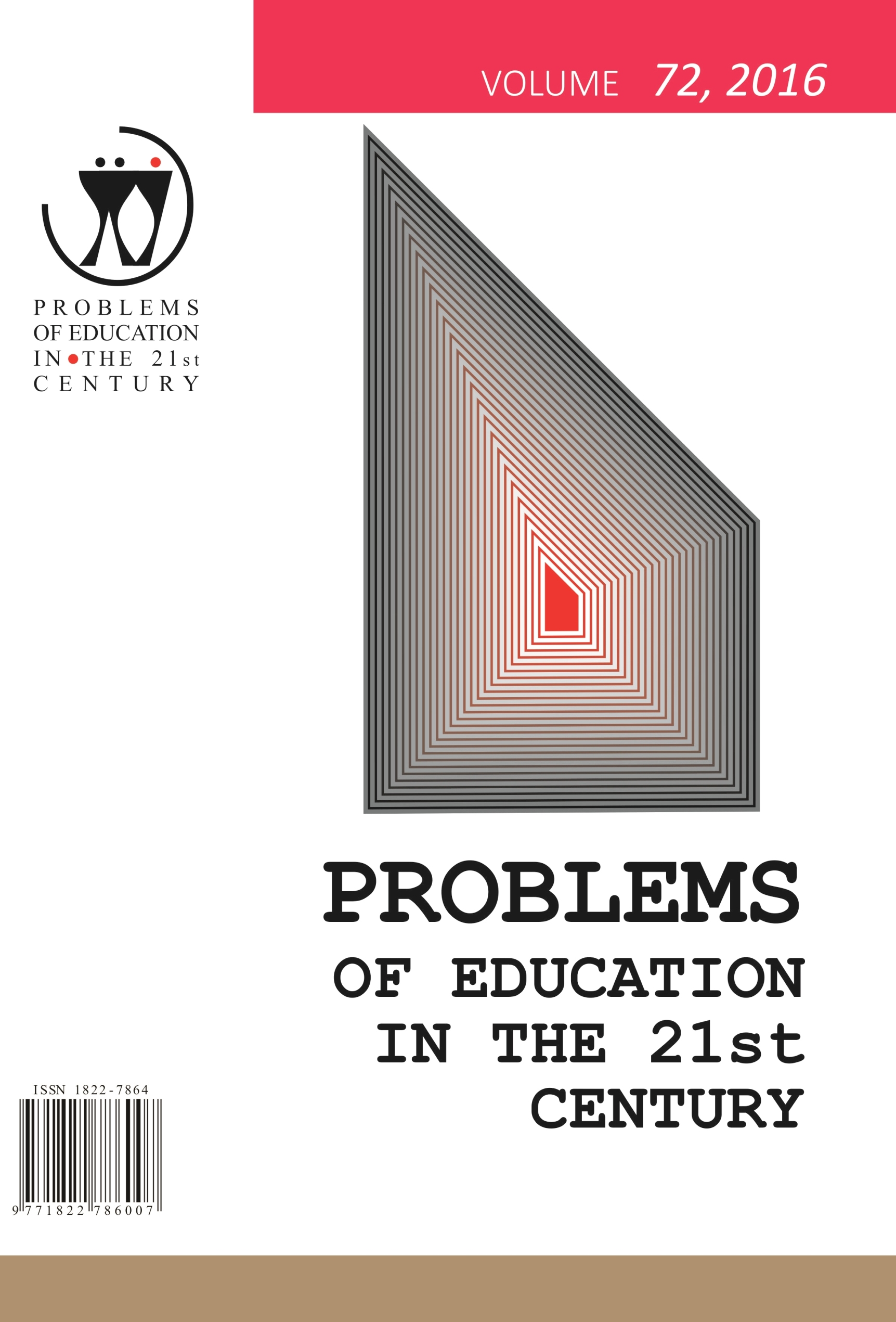THE EFFECTIVENESS OF DISTANCED E-LEARNING IN TEACHERS’ EDUCATION: A CASE STUDY IN SLOVENIA
THE EFFECTIVENESS OF DISTANCED E-LEARNING IN TEACHERS’ EDUCATION: A CASE STUDY IN SLOVENIA
Author(s): Milena Kerndl, Metka Kordigel AberšekSubject(s): Education, Higher Education , ICT Information and Communications Technologies
Published by: Scientia Socialis, UAB
Keywords: distanced e-learning; lifelong learning; reader’s reception metacognition; teachers’ training;
Summary/Abstract: In the last two decades a remarkable shift from conventional forms of teaching toward e-learning happened on all levels of education. This shift included also teachers’ permanent, lifelong education. The purpose of the study was to find and compare the effectiveness of conventional workshop and an e-learning module in teachers’ lifelong/permanent professional training. A study included 30 mother tongue teachers. The aim of the teachers training course curriculum was focused in their competence for developing students’/reader’s reception metacognition (RRM), a competence which is a prerequisite for differentiation/individualization in the process of implementation of literature curriculum in the frame of mother tongue education. Pre- intervention and post- intervention teaching practice of both groups of teachers were observed and compared to find out, which form of lifelong education influenced participants’ teaching practice in a more effective way. The qualitative and quantitative analysis of data, gained in e-module and compared with those, gained in the traditional workshop education, shows a significantly bigger effect of education on the case study participants teaching practice for the group of teachers, which participated in traditional educational form – a workshop.
Journal: Problems of Education in the 21st Century
- Issue Year: 72/2016
- Issue No: 1
- Page Range: 16-30
- Page Count: 15
- Language: English

